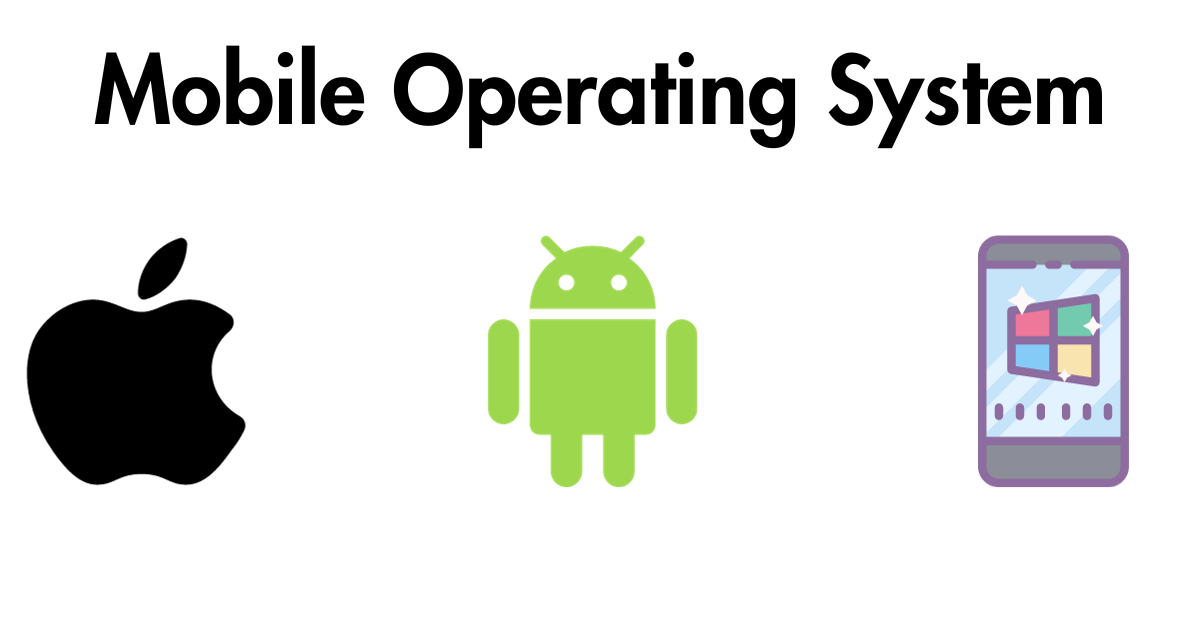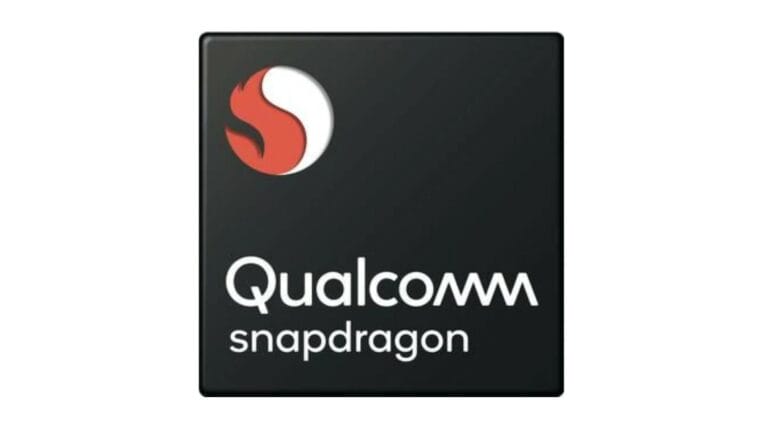What is Mobile Operating System (OS)

You may have heard a thing the term “operating system” (OS) in this technology world. But what exactly is a mobile operating system, and why is it so crucial?
What is a Mobile Operating System?
A mobile operating system is software that operates on smartphones, tablets, and other mobile devices. Much like the operating system on your computer or laptop, a mobile OS manages the device’s hardware and provides services that apps can use. It acts as an intermediary between the user’s inputs and the device’s hardware, ensuring smooth functionality and a user-friendly interface.
Evolution of Mobile Operating Systems
The evolution of mobile operating systems has been rapid. In the early days of mobile phones, the primary purpose was to make calls and send text messages. The OS used then was basic, providing a rudimentary phonebook and call log functionalities.
However, with the advent of smartphones, the role of the OS has expanded significantly. Modern mobile OSs, such as Android, iOS, and Windows Mobile, offer a plethora of features, from multitasking to web browsing, gaming, and photography.
You may also know What is RAM.
Key Features of a Mobile Operating System
- User Interface (UI): The UI is what the user interacts with directly. It includes the layout of apps, icons, and widgets. A good mobile OS offers an intuitive UI that is easy to navigate.
- Multitasking: Modern smartphones often run multiple apps simultaneously. The OS manages these apps, ensuring they run smoothly without draining excessive battery.
- Connectivity: The OS manages various connectivity options like Wi-Fi, Bluetooth, NFC, and cellular data.
- App Store: Both Android and iOS have their respective app stores, which are platforms for downloading and updating apps.
- Security: With the increasing amount of personal data stored on phones, security has become paramount. Mobile OSs now come with various security features, including fingerprint scanning, facial recognition, and end-to-end encryption.
- Updates: A robust mobile OS receives regular updates, which bring in new features, security patches, and performance improvements.
Popular Mobile Operating Systems
- Android: Developed by Google, Android is an open-source OS and the most widely used worldwide. It’s known for its customization options and vast app ecosystem.
- iOS: Apple’s proprietary OS for its iPhone range of smartphones. It’s known for its smooth performance, security features, and seamless integration with other Apple products.
- Windows Mobile: Developed by Microsoft, it couldn’t gain as much traction as Android and iOS but was appreciated for its smooth integration with Windows PCs.
A mobile operating system is the backbone of your smartphone or tablet. It determines how your device functions, the features it offers, and the apps it can run.
As technology continues to evolve, we can expect mobile OSs to become even more feature-rich, making our devices smarter and more integrated into our daily lives






